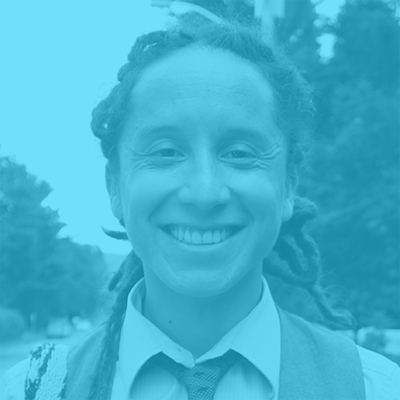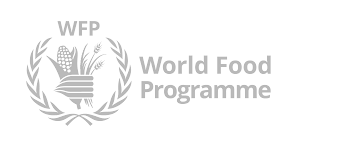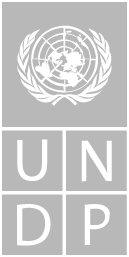Who we are
G|Exponencial is an international development firm with a 10+ year history of delivering development results in a growing number of countries. Our core expertise is in Monitoring, Evaluation and Learning (MEL), Data Collection and Technical Assistance. GExp has implemented projects in 7 countries (Colombia, Dominican Republic, El Salvador, Guatemala, Honduras, Iraq and Peru). As one of the best young companies in our field, GExp has partnered with organizations across many sectors of international development to support clients ranging from large bilateral and multilateral donors such as USAID, the World Bank, the World Food Program and other United Nations agencies, nongovernmental organizations (NGOs), think tanks, and universities.
Leadership
We are meticulous, detail-oriented, rigorous. We know that following the method leads to reliable results. We care the arguments are consistent and the data is consistent. We like to stick to agreements, deadlines, and get things done over the table. If we must disagree we do. We use academic methods to be rigorous, but our job is to solve practical problems. We are passionate about what we do.
What we do
News & Blog
Sample projects
IRAQ: ASSESSING OPPORTUNITIES FOR WOMEN THROUGH THE WOMEN’S EMPOWERMENT IN AGRICULTURE INDEX (WEAI)
Customization of WEAI survey to Iraq. 600 individuals surveyed in 4 governorates. Partner: Women Empowerment Organization. For the World Bank and IFPRI.
BASELINE OF USAID'S LAND FOR PROSPERITY PROGRAM
Collected ten thousand household surveys, primarily rural, with the Prindex methodology, and an experiment in measuring land tenure for TetraTech-ILRG, in Colombia.
MULTI-COUNTRY LESSONS FOR USAID ON THE EFFECT OF THE ZIKA OUTBREAK ON MCH SERVICES IN FIVE LAC COUNTRIES
The case studies were based upon 349 interviews and 44 focus groups collected at 25 municipalities in Colombia, Guatemala, Honduras, El Salvador and Dominican Republic.
HOUSEHOLD SURVEY TO MEASURE THE IMPACT OF FLOODS ON WELFARE IN THE DOMINICAN REPUBLIC
Collection of 2,000 household surveys nationwide for the World Bank.
DATA COLLECTION FOR THE STUDY OF SEXUAL BEHAVIOR AND HIV PREVALENCE IN SEX WORKERS IN FIVE CITIES
2,198 interviews and 2,198 blood shots made in 5 municipalities.
EVALUATION OF OPERATIONS AND RESULTS OF THE NATIONAL SCHOOL FEEDING PROGRAM - PAE
Its main objective was to determine if the intervention generates results in school absenteeism, dropout and habit formation, and determine costs and benefits. 3,173 surveys, 139 interviews and 20 food observations conducted in 31 municipalities. With CINDE.
Evaluation of the Integrated Health Care Model – MIAS Amazon Region
Evaluation of the processes and results of the implementation of the Integrated Health Care Model (MIAS) in the Amazon region, where its effectiveness was determined, persisting problems were identified and improvement actions were proposed.





























